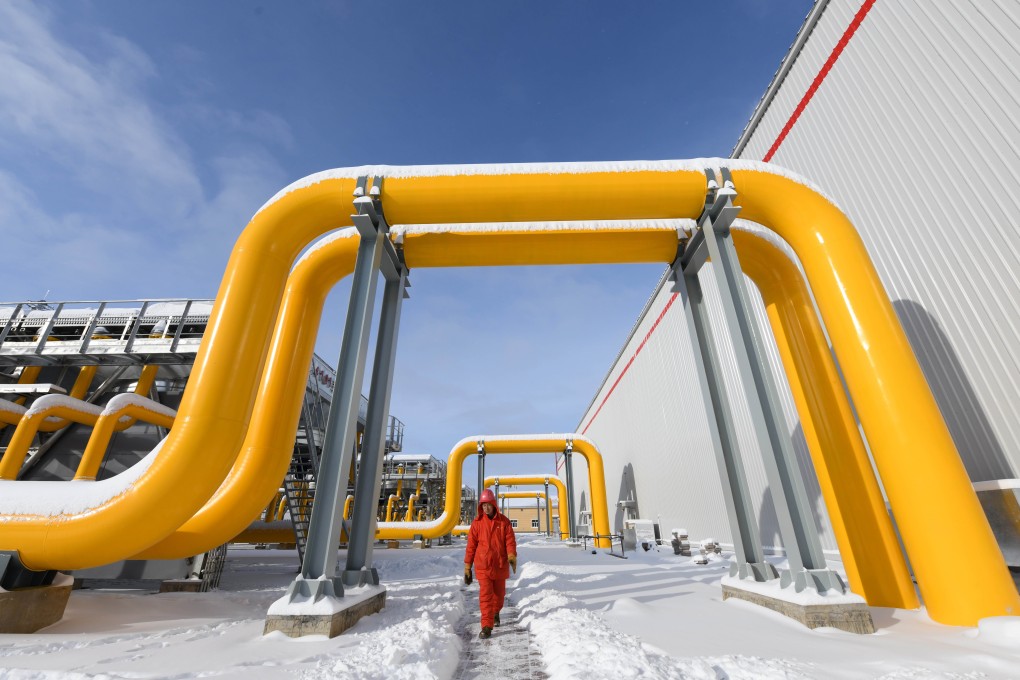China targets energy security as risks from US rivalry grow
- New five-year plan calls for more oil and gas production to better safeguard power supplies
- Strained relations with major economies could pose security concerns for country’s essential fossil fuel imports, analysts say

“We should strengthen the capacity of sustainable and stable energy supply and risk management … The core demand for oil and gas should rely on self sufficiency. We should maintain the stable production of crude oil and natural gas and increase output. Work should be carried out on layout planning and management of coal-to-gas strategic bases,” the report said.
This push for energy security is part of Beijing’s attempt to cut its dependence on other countries in strategically critical areas, as geopolitical rivalry between China and the US intensifies.
Apart from the energy sector, the Chinese government also stressed the importance of achieving food security and financial security in its latest five-year plan and it set the target rate of computer chip self-sufficiency at 70 per cent by 2025, up from 20 per cent now.